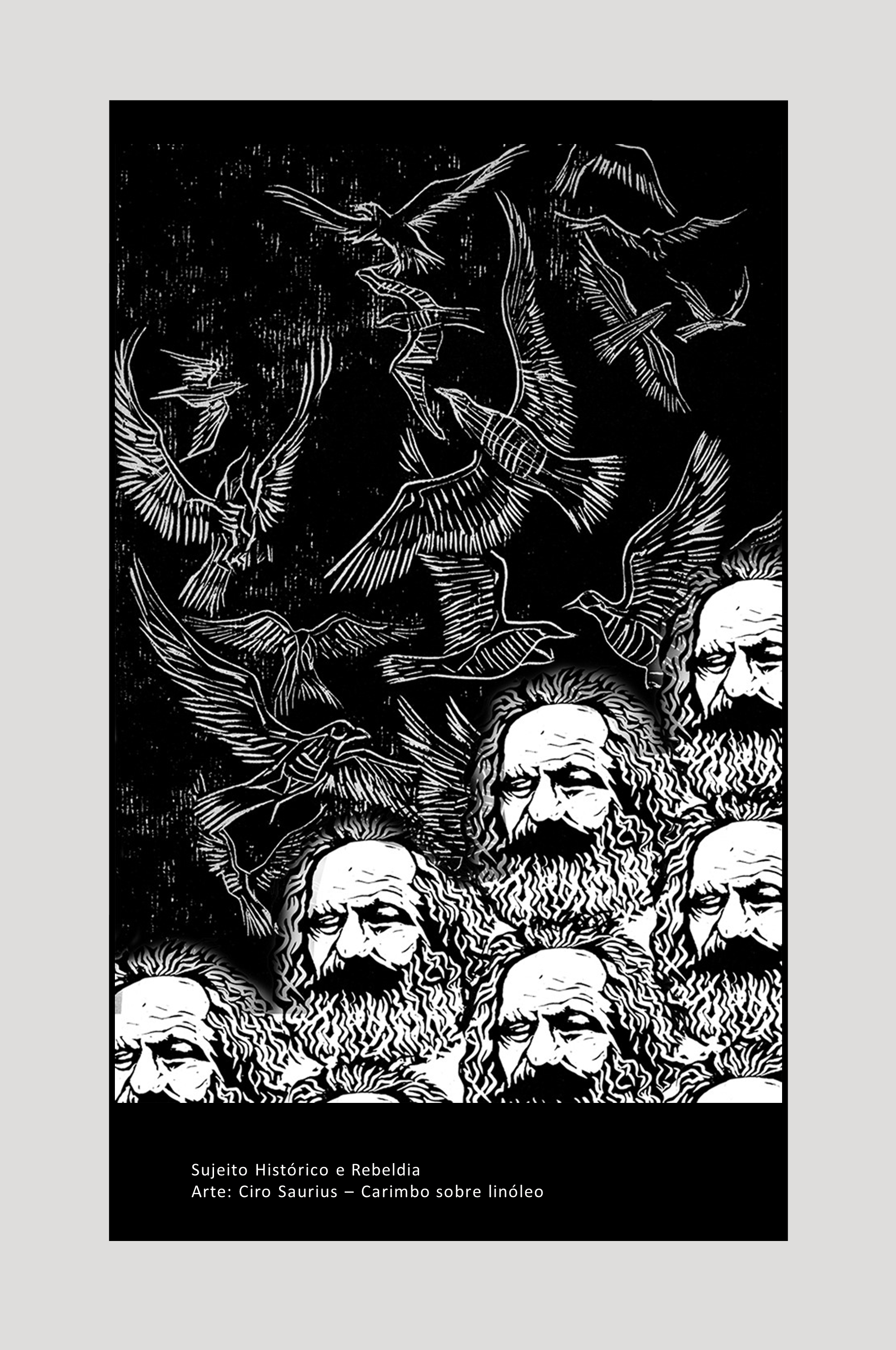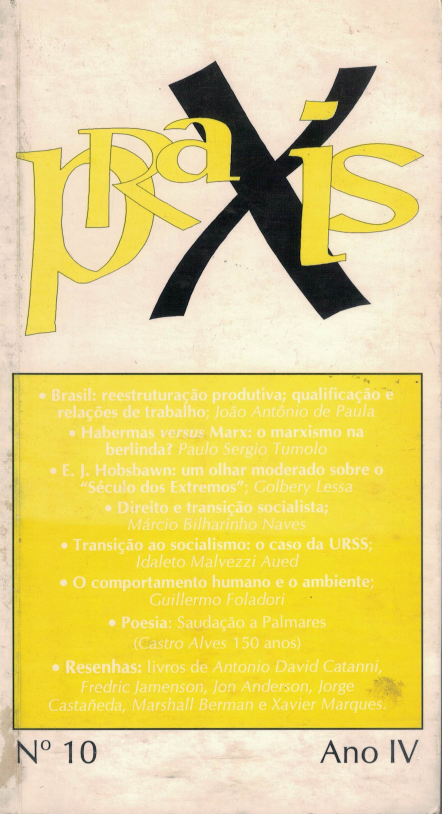On the Precedence of Lived Experience and Rebellion in the Classical Critique of Political Economy
Abstract
We revisit a historiography about the formation of the working class movement in Europe to show that the constitution of this political subject, that is, a rebel movement with a practice of insubordination, was the material basis from which the classical critique of political economy emerged and gained meaning. Without that political subject, the concepts of this critical theory lose their referents. We defend the thesis in this piece, therefore, that it is from the lived experience of subjects who demonstrate a practice of antagonism and insubordination today, that a critical theory with practical value can be founded.

Downloads
Published
How to Cite
Issue
Section
License
Authors who publish in Revista Mouro agree to the following terms:
The. Authors retain copyright and grant Revista Mouro the right to publish.
B. Authors are authorized to assume additional contracts separately, for non-exclusive distribution of the version of the work published in this publication (eg, to publish in an institutional repository or as a book chapter), with acknowledgment of authorship and publication in Revista Mouro.
ç. Authors are allowed and encouraged to publish and distribute their work online (e.g. in institutional repositories or on their personal page) at any point before or during the editorial process, as this can generate productive changes as well as increase impact and the citation of the published work.





